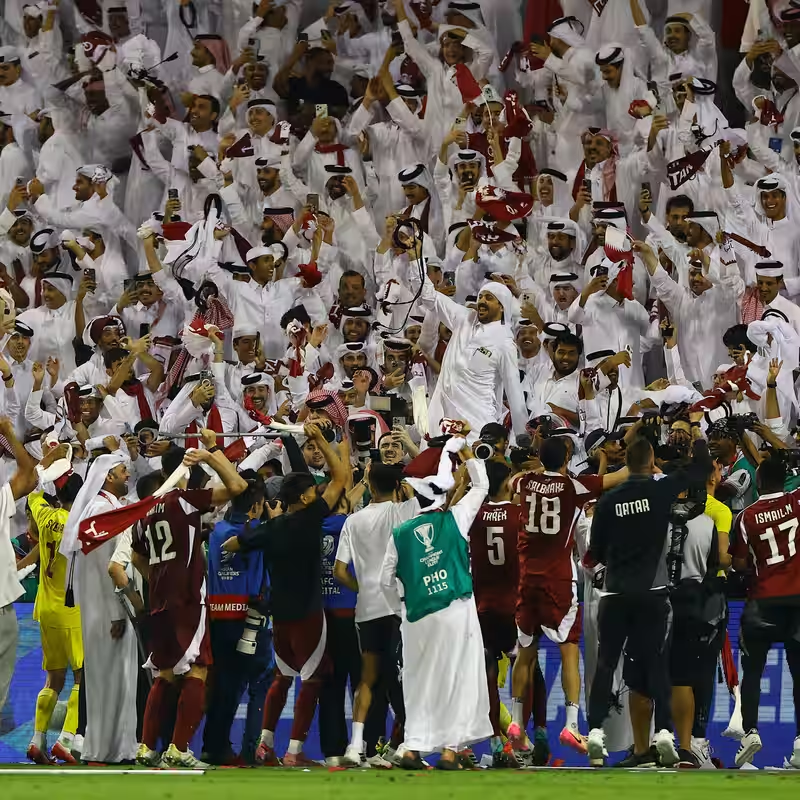The road to the 2026 FIFA World Cup has taken a dramatic and controversial turn, with Saudi Arabia and Qatar securing their spots under newly implemented qualification rules that critics argue were tailored to their advantage. A recent report reveals that a soccer governing body both nations have heavily funded introduced scheduling changes that granted them crucial extra rest and consistent home-field advantage during the final qualifying rounds .
Inside the Controversial Rule Changes
FIFA and the Asian Football Confederation (AFC) have rolled out new scheduling windows for the 2026 World Cup qualifiers, ostensibly to better align international fixtures with the demanding club calendars of top European leagues . However, the practical effect of these changes appears to have disproportionately benefited two of the region’s wealthiest footballing nations.
The new rules created a compressed fixture list that, for most teams, meant a grueling sequence of away games. Yet, for Saudi Arabia and Qatar, the schedule was structured to ensure their final, decisive matches were played at home. Furthermore, the revised calendar provided them with a significantly longer rest period before their last qualifiers compared to their direct competitors .
World Cup Qualification: A Question of Fair Play?
Both nations have been major financial backers of international football development programs and have invested billions in hosting rights and league acquisitions. This deep financial involvement has led to widespread speculation that their influence played a role in the timing and structure of the new qualification format .
The controversy is amplified by the fact that both countries secured their World Cup berths on the same day, October 14, 2025, by winning their respective groups . Their smooth path to qualification stands in stark contrast to the logistical and physical challenges faced by other Asian contenders who had to navigate a more arduous travel and rest schedule.
What the New Rules Mean for the Future of Football
This situation raises critical questions about the integrity of the sport’s governing bodies. When nations that are significant financial stakeholders also appear to be the primary beneficiaries of procedural changes, it creates a clear conflict of interest.
While the official stance from FIFA and the AFC is that the rule changes were designed for the global good of the game, the optics of the situation are undeniably problematic. It sets a precedent that could undermine the principle of a level playing field, a cornerstone of fair competition.
Key Benefits for Saudi Arabia and Qatar
- Home-field advantage: Final, decisive qualifying matches were scheduled in their home stadiums.
- Extended rest period: A longer break before their last games allowed for better player recovery and preparation.
- Reduced travel fatigue: The fixture list minimized long-haul travel during the critical final stage.
Sources
Qatar and Saudi Arabia qualify for 2026 World Cup
FIFA World Cup 2026: Key Changes, Qualification
How Saudi Arabia and Qatar Benefited From Rule Changes to Reach the World Cup




